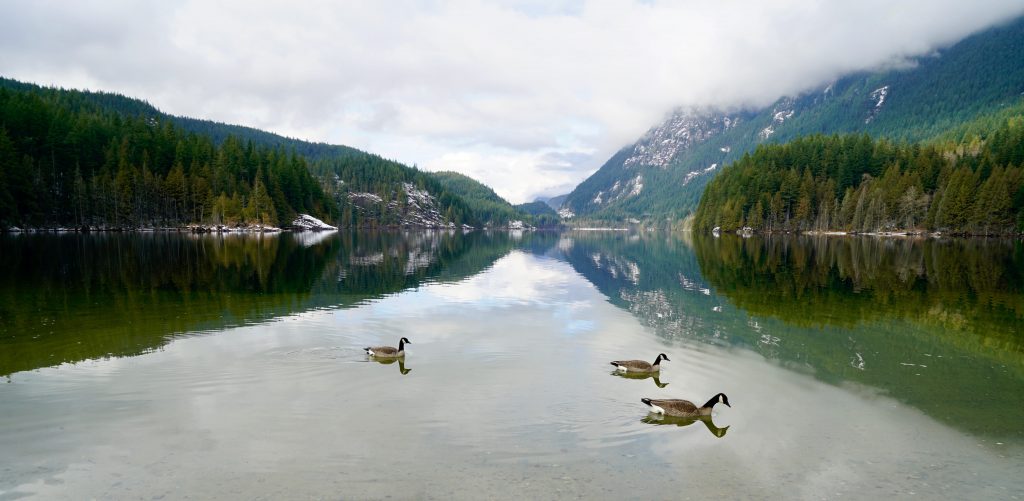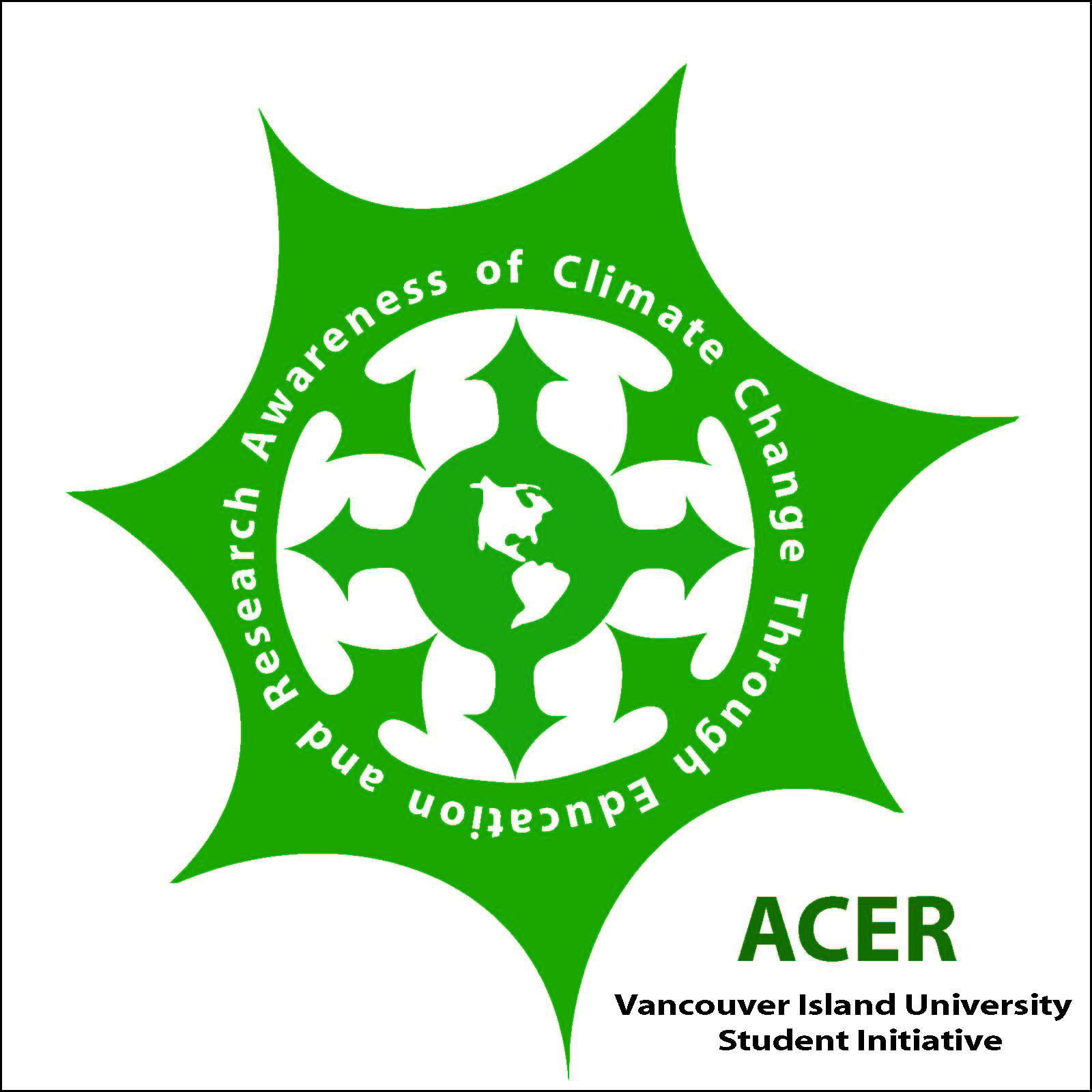
The rising atmospheric CO2 levels and the climate change it leads to is often framed as a towering, existential threat – one which threatens the stability of vast ecosystems and the vulnerable species therein. Setting aside the devastating ecological impacts the overproduction of CO2 results in, there is another benefit to reducing CO2 production that is often overlooked.
Over a third of CO2 production is due to energy generation, and the burning of fossil fuels often results in the production of not just pollutants with global warming potential, but pollutants with strong, direct negative impact on human health (Sergi et al, 2020). Sulfur dioxide results in acid rain, while nitrogen oxides and particulate matter (soot) are respiratory toxins. Transitioning away from fossil fuels not only helps the global fight against climate change, but protects the health of individuals living near facilities which produce noxious chemicals as a result of energy generation.
A study has shown that prioritizing human health along with reducing global warming, can highlight the need for transition to greener technologies more effectively. This suggests that benefits to human health and the reduced economic harm caused by poor air quality should not be an afterthought in this conversation. Learn more from this press release on the study examining this problem here!

